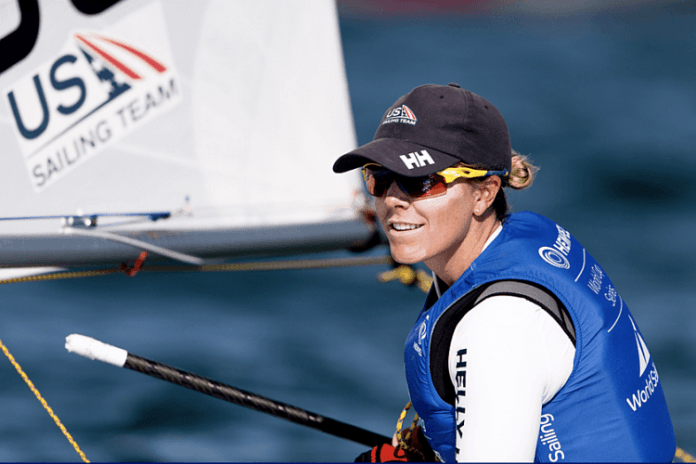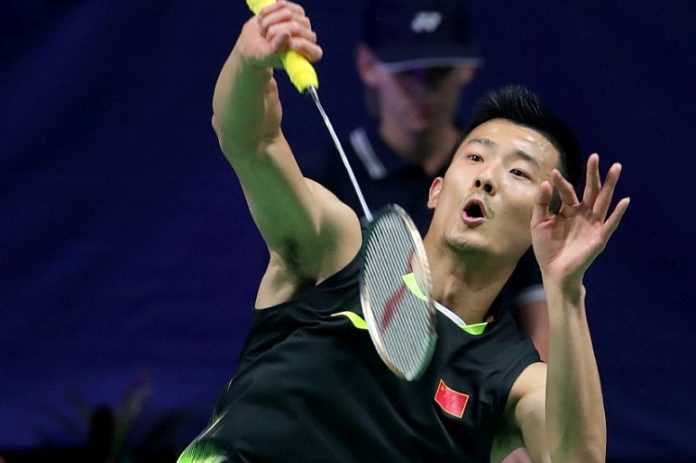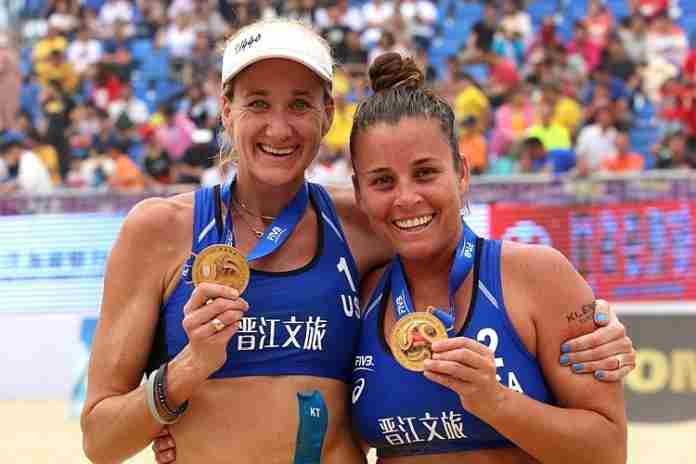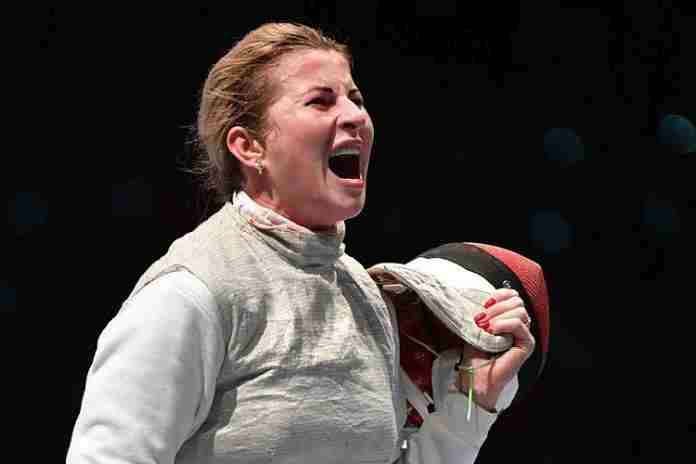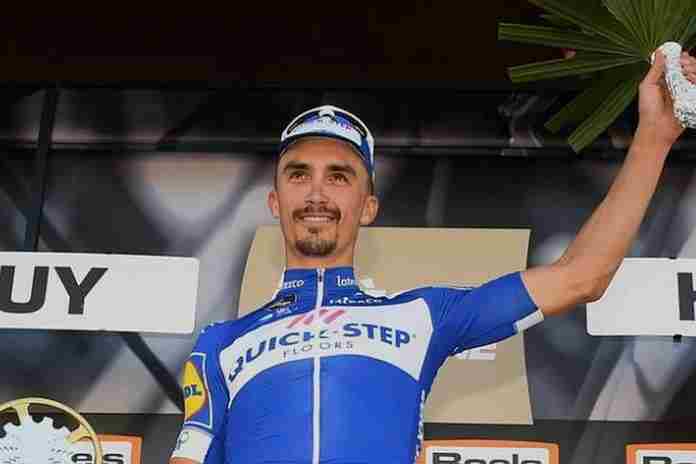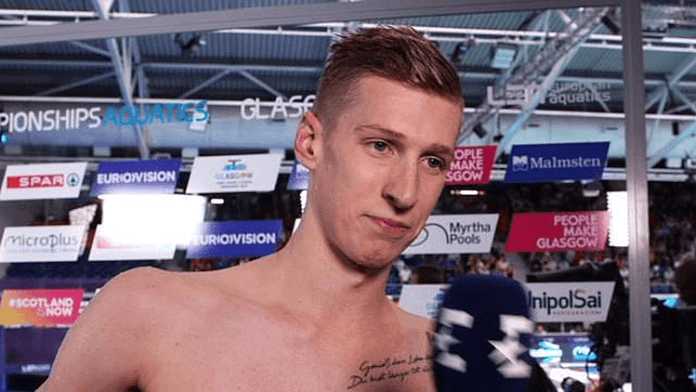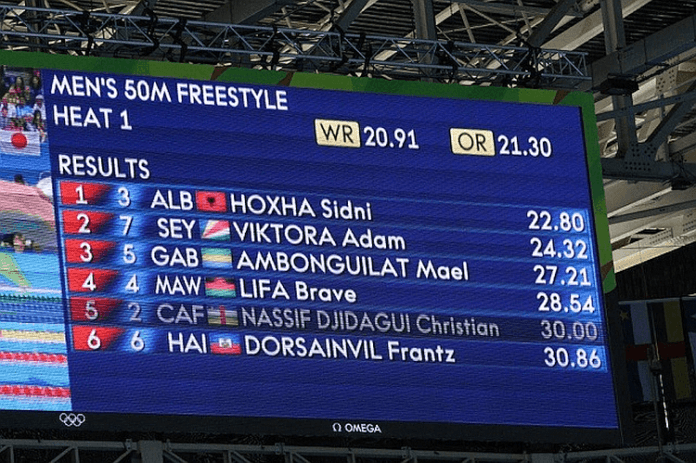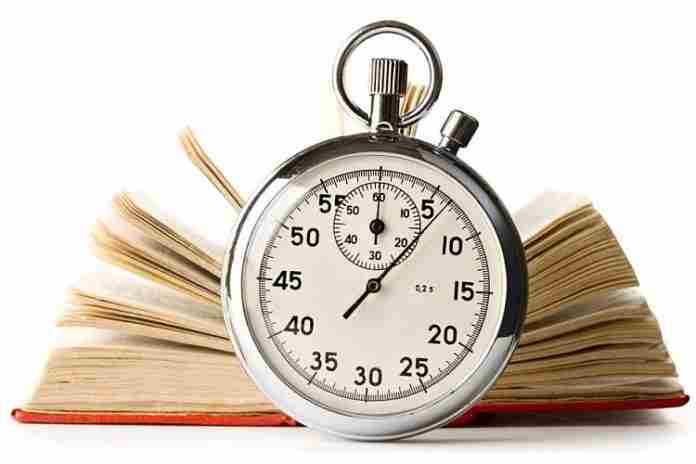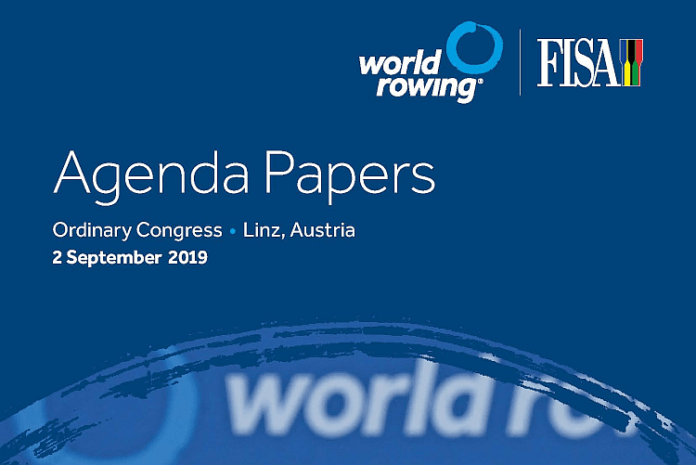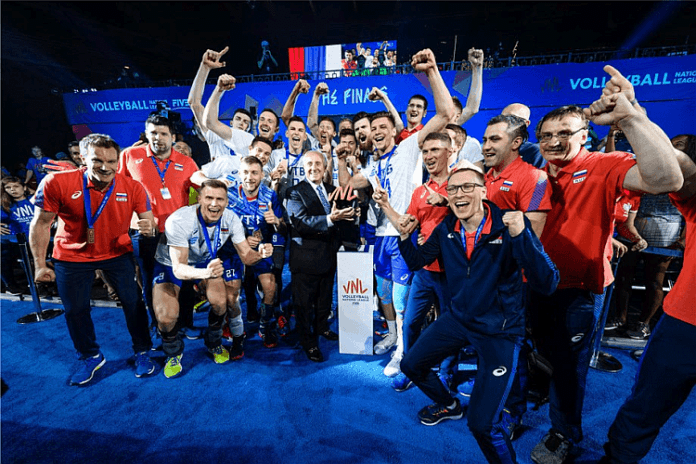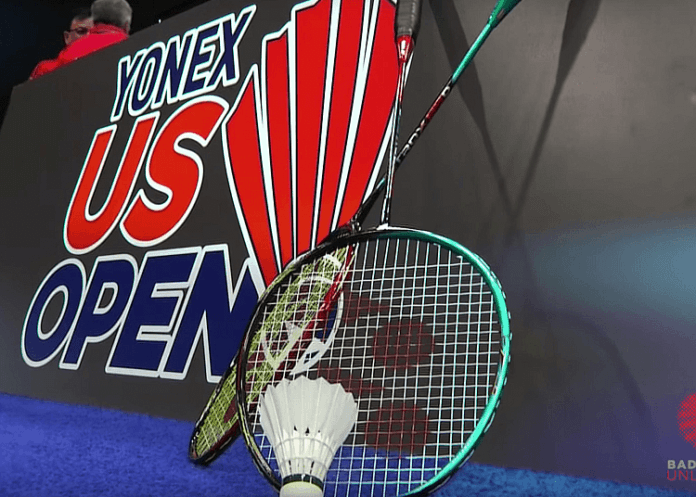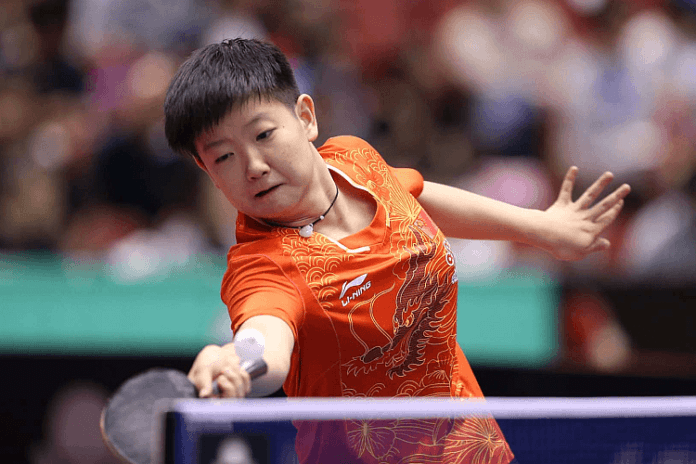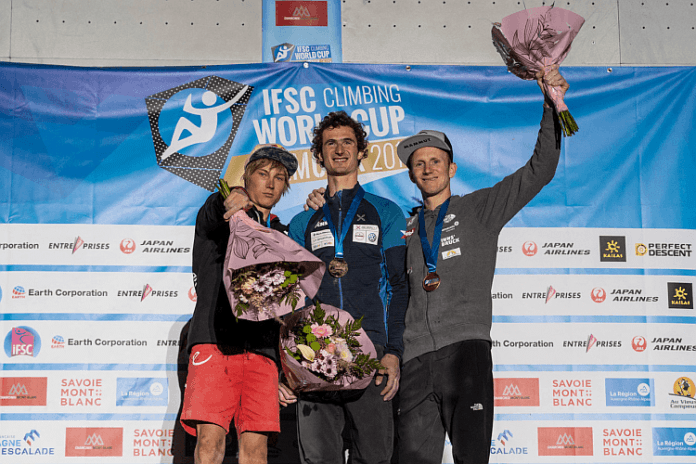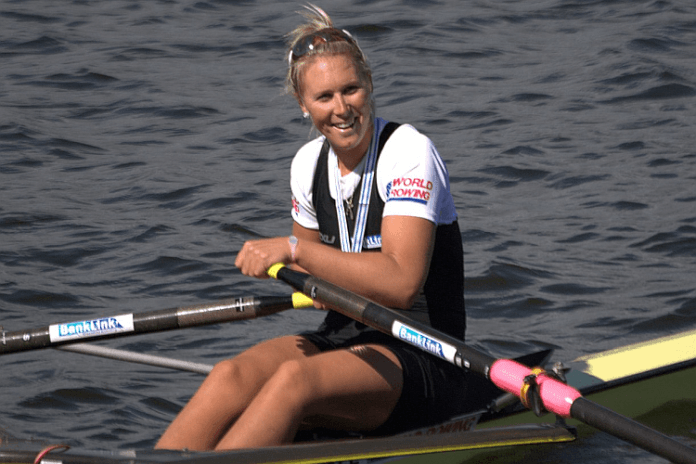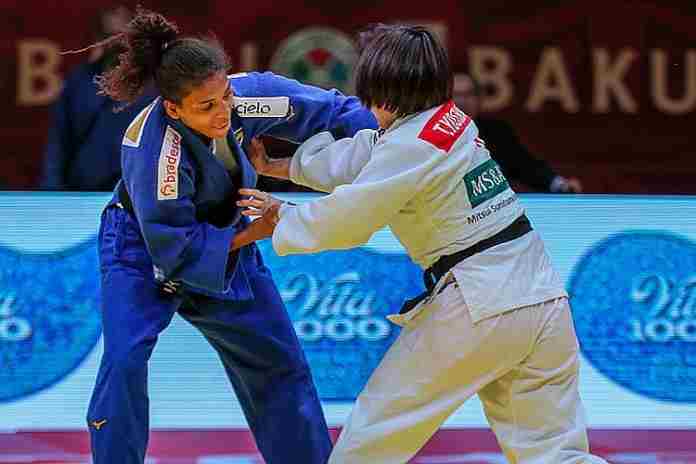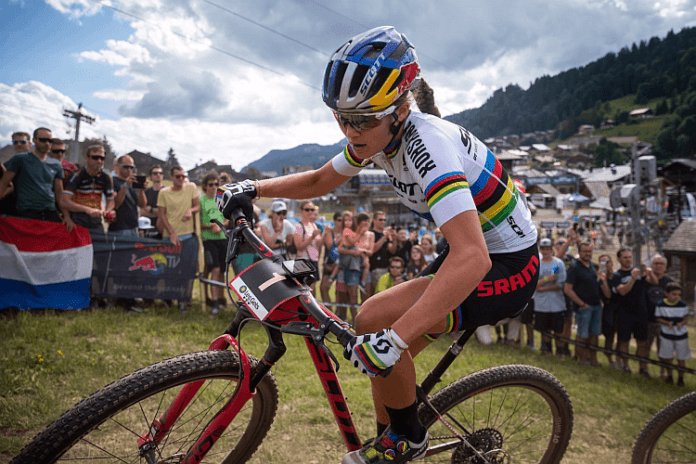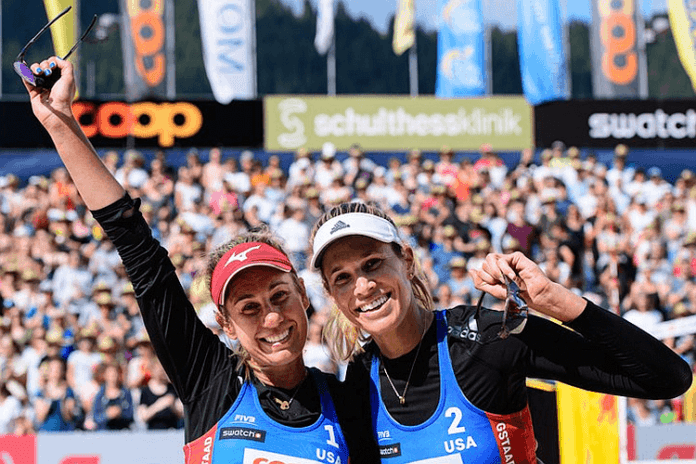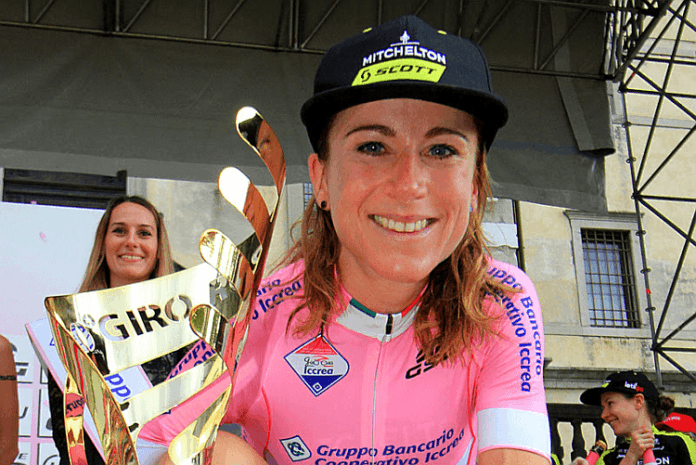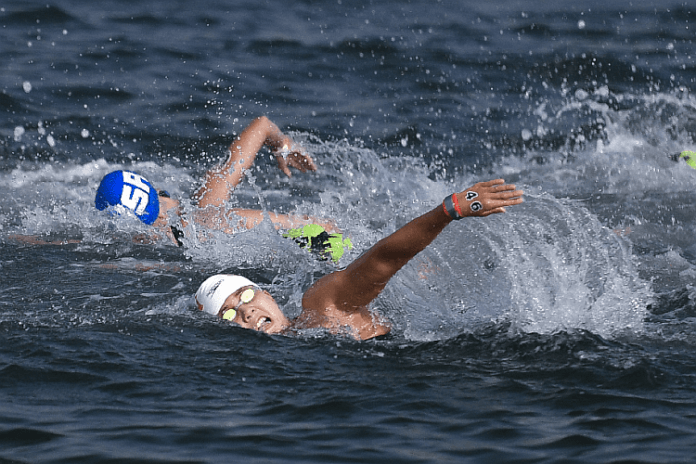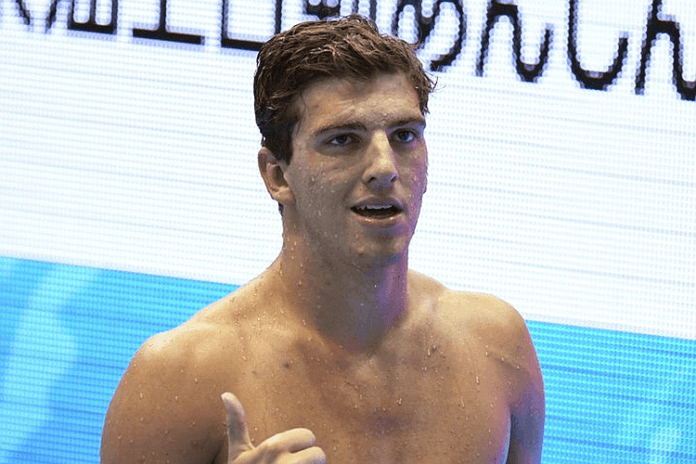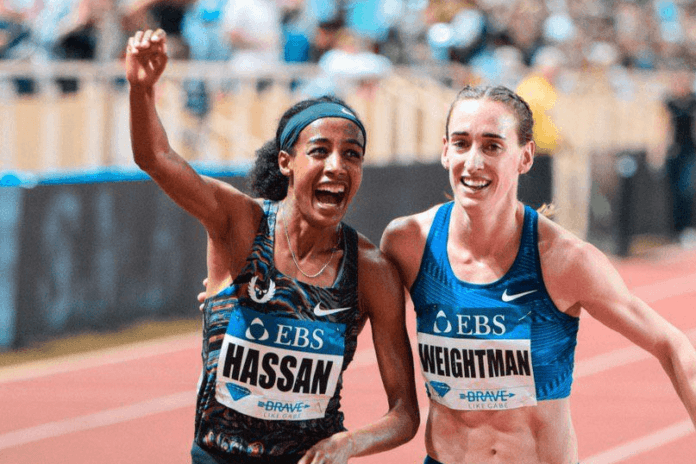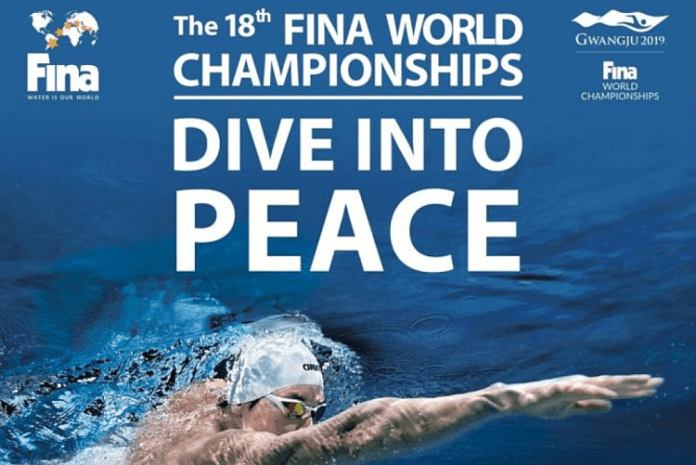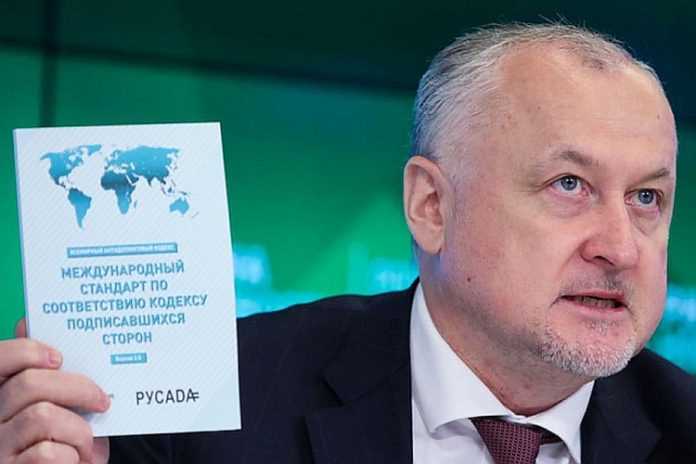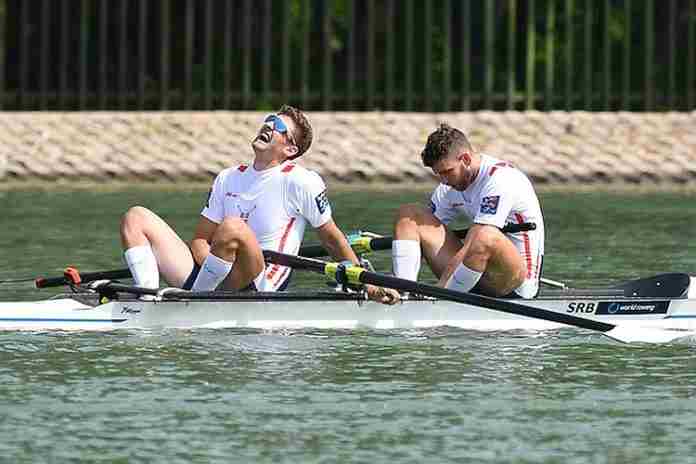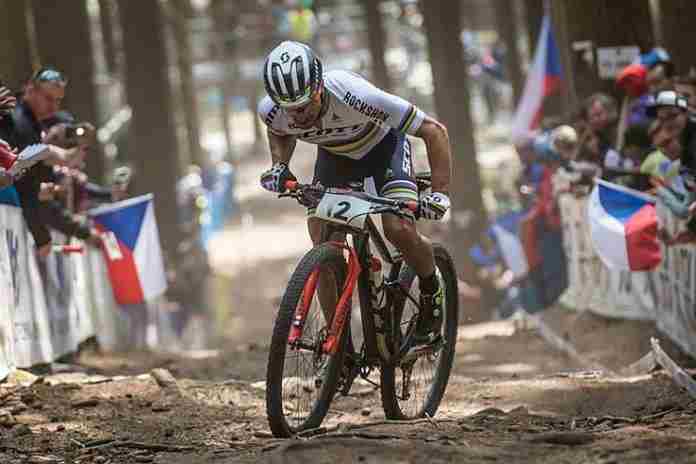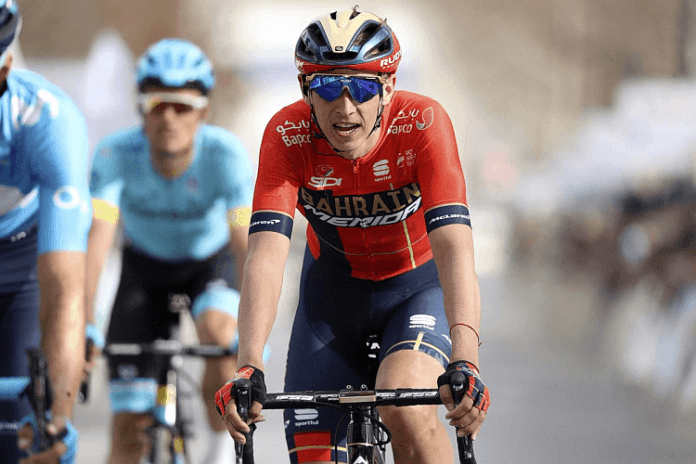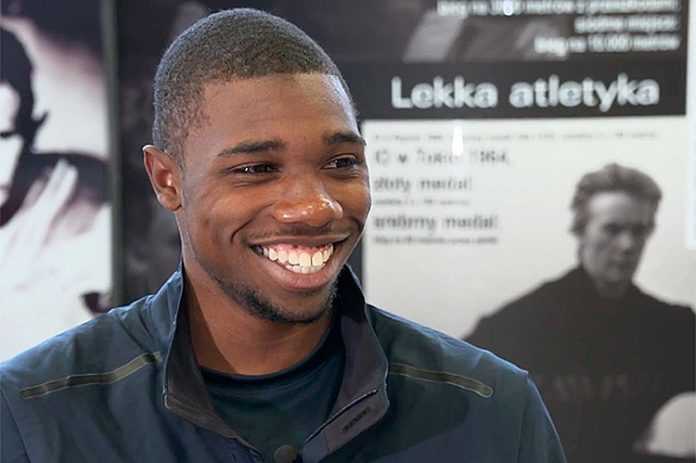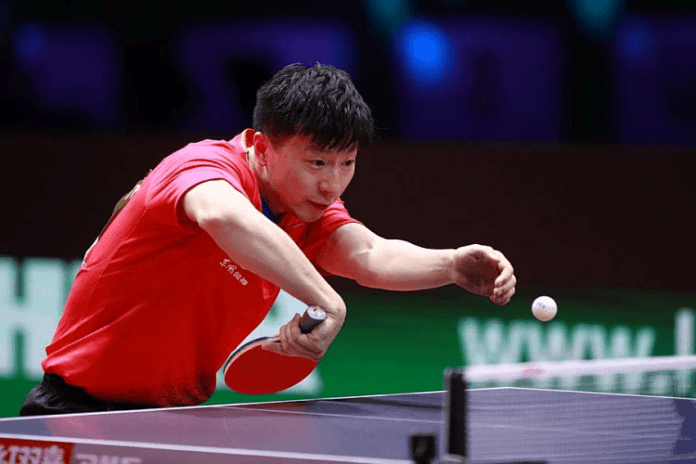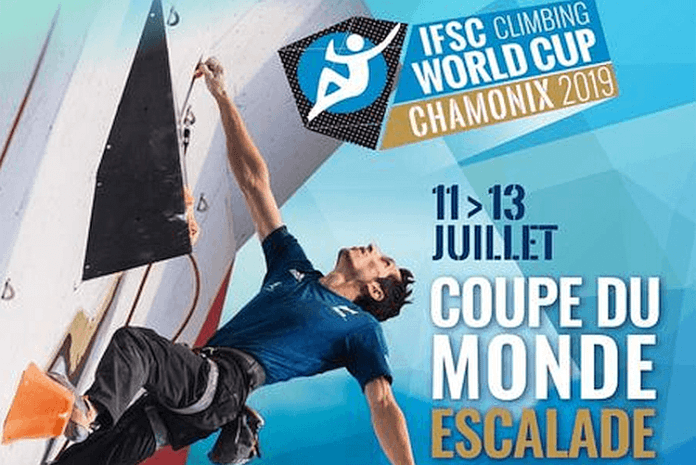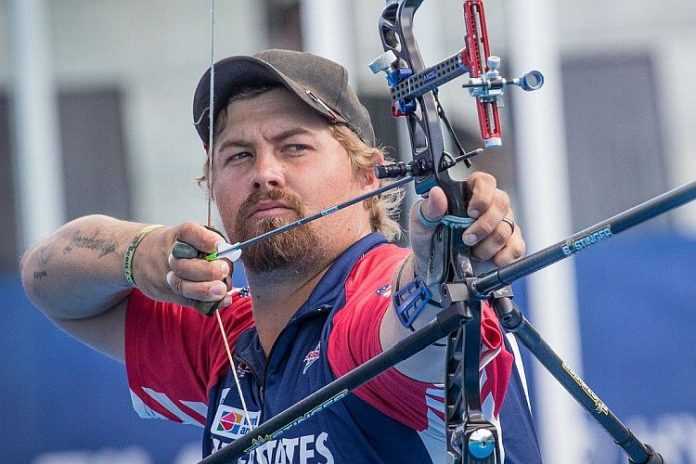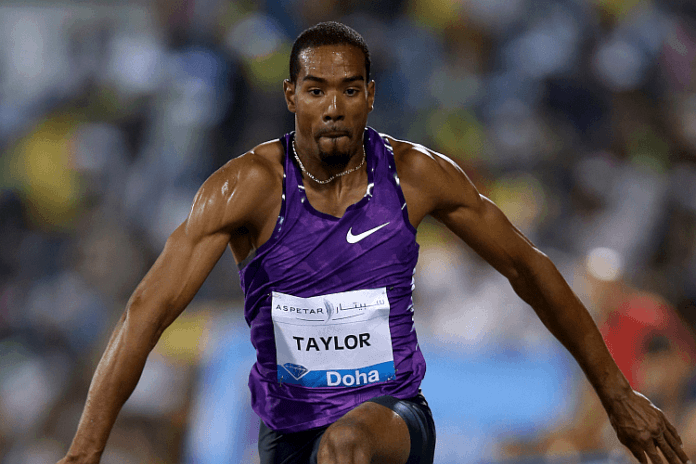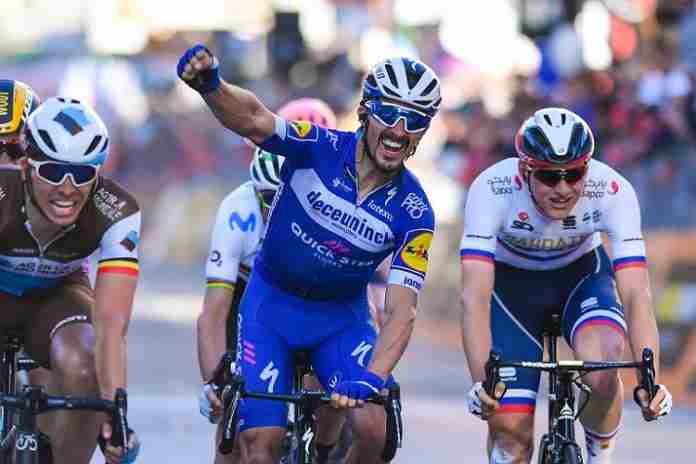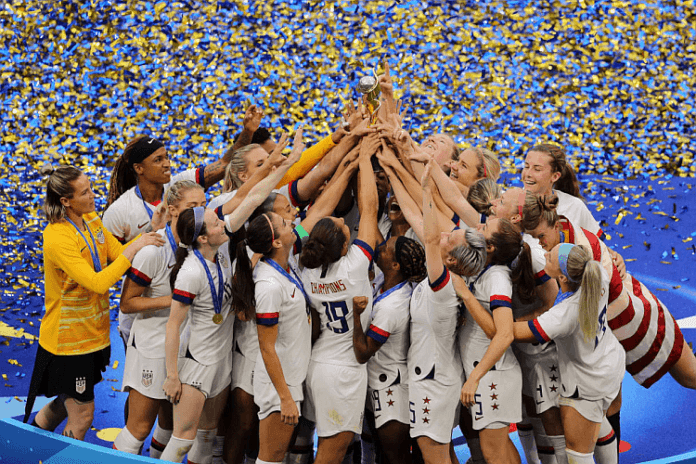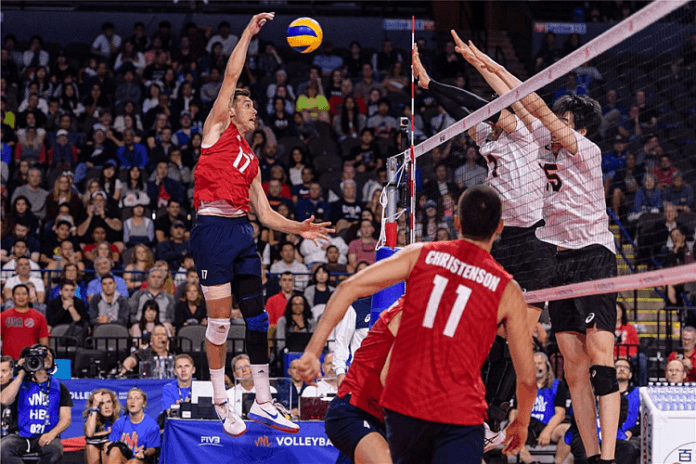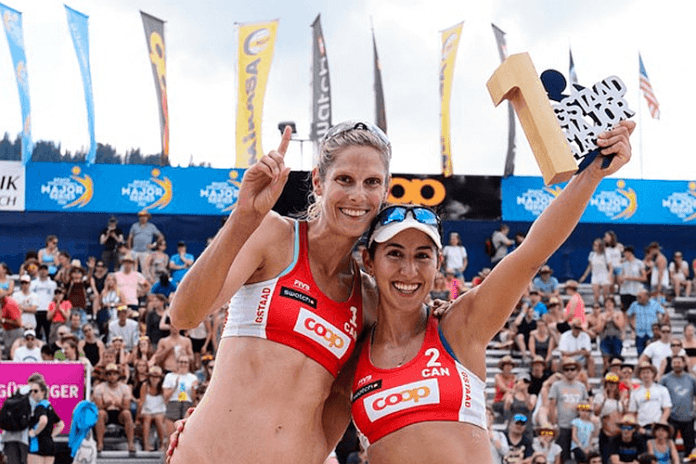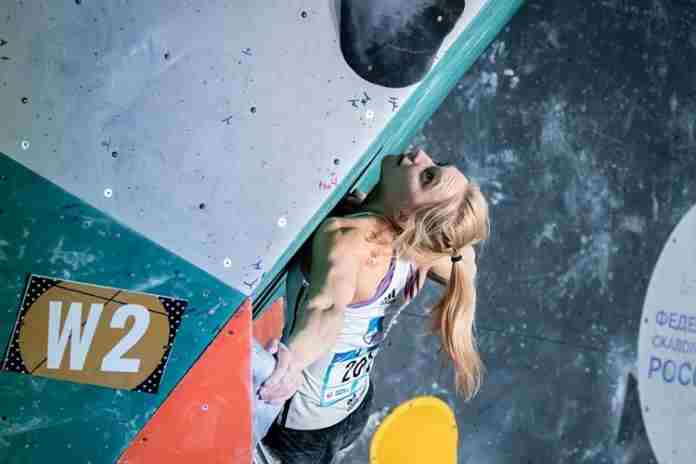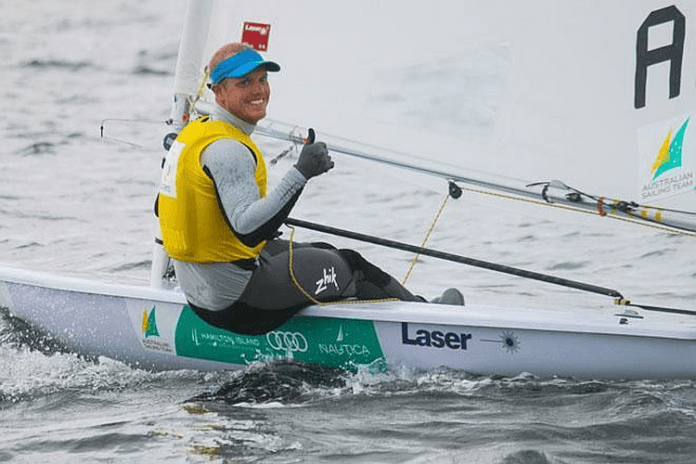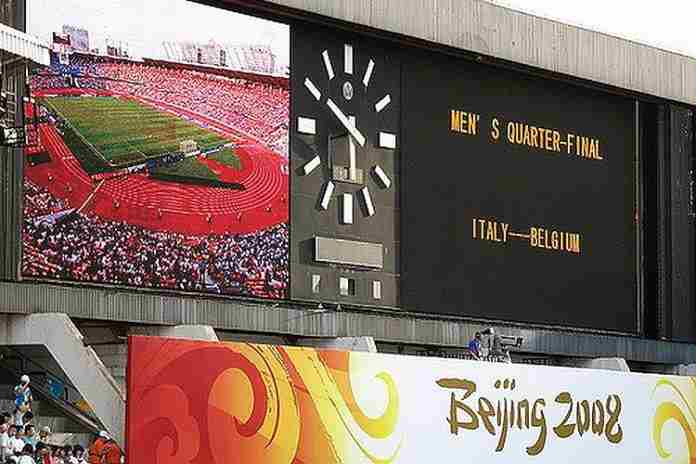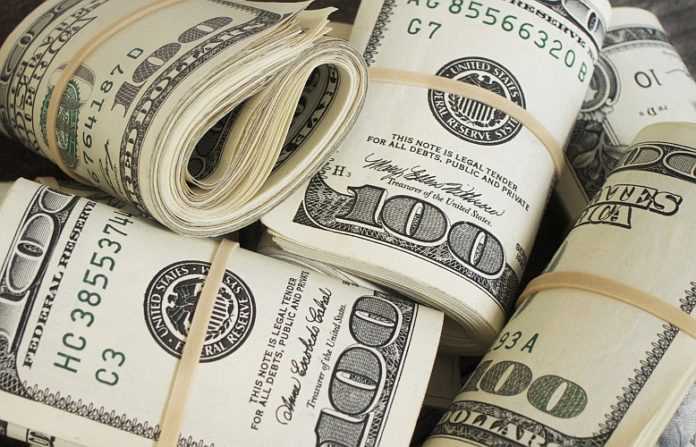The astonishing dominance of China in the diving well and Russia in Artistic Swimming continued without interruption during the FINA World Aquatics Championships in Gwangju (KOR).
The Chinese diving team is in position for a sweep of all 13 diving events for the first time ever. So far:
● The Chinese entries have won all of the Synchro and Mixed events with their single entries in the six event completed, with the men’s 3 m Synchro still remaining.
● In the individual events, Chinese divers have won the four completed events and are favored in the final two: men’s 10 m Platform and women’s 3 m Springboard.
● In the two individual events on the Olympic program already completed, China has gone 1-2 in each. In the women’s 10 m Platform, two 13-year-olds – Yuxi Chen and Wei Lu – won gold and silver; they can compete in Tokyo in 2002 as the age limit is 14 by the end of that year.
● The Chinese aren’t just winning, they are crushing everyone with an average margin of victory of an astonishing 32.42 points:
= 20.10 ~ Men/1 m Springboard: Zongyuan Wang
= 27.50 ~ Men/3 m Springboard: Siyi Xie (over Yuan Cao/CHN)
= 24.72 ~ Men/3 m Synchro: Siyi Xie/Yuan Cao
= 42.33 ~ Men/10 m Synchro: Yuan Cao/Aisen Chen
= 23.45 ~ Women/1 m Springboard: Yiwen Chen
= 61.20 ~ Women/Yuxi Chen (over Wei Lu/CHN)
= 30.90 ~ Women/3 m Synchro: Han Wang/Tingmao Shi
= 32.52 ~ Women/10 m Synchro: Jiaqi Zhang/Wei Lu
= 34.86 ~ Mixed/10 m Synchro: Junjie Lian/Yajie Si
= 26.60 ~ Mixed/3 m+10 m: Shan Lin/Jian Yang
Chen’s performance in the 10 m Platform was hard to believe, regardless of age. She had the top score on all five dives, sometimes scoring 14 points more than anyone else.
No country has won all 13 events at the FINA Worlds since the diving program was expanded in 2015. China won 8/13 events in 2017, 10/13 in 2015, 9/10 in 2013 and swept all 10 events in 2011.
The U.S. is having a pretty good meet, with Delaney Schnell – a veteran at 20 – coming from fifth on her final dive to score the bronze in the women’s 10 m. She’s the first U.S. women’s Olympic or Worlds individual medalist since Laura Wilkinson won the 10 m Platform gold at the 2005 World Championships. David Boudia, much better known for his 10 m work, finished fifth in the 3 m Springboard, and Mike Hixon was seventh.
Boudia was upbeat: “My expectations have been exceeded. I was very far from the medals but with extremely low degree of difficulty compared to the rest of the field, I’m pleased with where I’m at. This off-season I’ve got a lot of work to do, and I was glad I was able to get top eight so I can be competitive at World Series events next year.”
In Artistic Swimming, Russia did not contest the Team Highlight event, won by Ukraine, but has won the other seven events without incident as comebacking Svetlana Romashina and Svetlana Kolesnichenko have three golds each so far.
Brazil’s Ana Marcela Cunha won the women’s 5 km Open Water race – not an Olympic distance – over Aurelie Muller (FRA), with American Hannah Moore and German Leonie Beck (GER) tying for third. The top nine swimmers finished within 5.5 seconds of each other. The U.S. also won another bronze in the Mixed 5 km relay with Haley Anderson, Jordan Wilimovsky, Ashley Twichell and Michael Brinegar in the water.
The preliminaries are finally being completed in Water Polo, with the U.S. women undefeated in group play (3-0) with a 60-13 goal differential. Russia is 3-0 in Group B (65-23), Spain won Group C at 3-0 (51-16) and Italy won Group D (3-0: 33-22). The second group round will start on Saturday, with the eight second and third-place teams playing off for a place in the quarterfinals that start Monday (22nd). The U.S. women will play Greece or China.
The men’s group phase will finish on Friday; Croatia, Hungary and Italy are all 2-0. The U.S. is 1-1, losing to Croatia, 17-7, and beating Kazakhstan, 16-7; they will face Australia on Friday.
The U.S. women won the exhibition “Beach Water Polo” tournament played in a regular pool in Gwangju. This is water polo’s version of 3×3 basketball, with three field players and a goalie in a smaller pool area and 10-minute halves. The American women defeated Spain, 14-12, to win the tournament, with Australia defeating China, 20-16, for third. Jamie Neushel led the U.S. to the win with seven goals.
What about swimming? It starts Sunday and our previews are coming. Summaries so far:
FINA World Aquatics Championships
Gwangju (KOR) ~ 12-28 July 2019
(Full results here)
ARTISTIC SWIMMING
Solo Technical: 1. Svetlana Kolesnichenko (RUS), 95.0023; 2. Ona Carbonell (ESP), 92.5002; 3. Yukiko Inui (JPN), 92.3084; 4. Marta Fiedina (UKR), 91.3014; 5. Jacqueline Simoneau (CAN), 89.2932; 6. Linda Cerruti (ITA), 88.0378; 7. Evangelia Platanioti (GRE), 86.2921; 8. Vasiliki Alexandri (AUT), 85.6098.
Solo Free: 1. Svetlana Romashina (RUS), 97.1333; 2. Carbonell (ESP), 94.5667; 3. Inui (JPN), 93.2000; 4. Fiedina (UKR), 92.5667; 5. Simoneau (CAN), 90.7000; 6. Cerruti (ITA), 90.4667; 7. Platanioti (GRE), 88.6667; 8. Alexandri (AUT), 87.1667. Also: 12. Anita Alvarez (USA), 84.7333.
Duet Technical: 1. Svetlana Romashina/Svetlana Kolesnichenko (RUS), 95.9010; 2. Wenyan Sun/Xuechen Huang (CHN), 94.0072; 3. Anastasiya Savchuk/Marta Fiedina (UKR), 92.5847; 4. Megumu Yoshida/Yukiko Inui (JPN), 92.116; 5. Linda Cerutti/Costanza Ferro (ITA), 90.1743; 6. Jacqueline Simoneau/Claudia Holzner (CAN), 88.8659; 7. Paula Ramirez/Sara Saldana Lopez (ESP), 87.2960; 8. Eirini Alexandri/Anna-Maria Alexandri (AUT), 87.0654. Also: 12. Ruby Remati/Anita Alvarez (USA), 84.0190.
Duet Free: 1. Romashina/Kolesnichenko (RUS), 97.500; 2. Huang/Sun (CHN), 95.7667; 3. Fiedina/Savchuk (UKR), 94.1000; 4. Inui/Yoshida (JPN), 93.0000; 5. Carbonell/Ramirez (ESP), 91.7000; 6. Cerruti/Ferro (ITA), 91.0000; 7. Holzner/Simoneau (CAN), 89.7667; 8. Charlotte Tremble/Laura Tremble (FRA), 88.0000. Also: 12. Remati/Alvarez (USA), 83.6333.
Team Technical: 1. Russia, 96.9426; 2. China, 95.1543; 3. Ukraine, 93.4514; 4. Japan, 92.7207; 5. Italy, 91.0411; 6. Spain, 90.2506; 7. Canada, 89.4990; 8. Greece, 87.0863. Also: 11. United States, 84.0566.
Team Highlight: 1. Ukraine, 94.5000; 2. Italy. 91.7333; 3. Spain, 91.1333; 4. Canada, 89.3333; 5. France, 87.2000; 6. Israel, 83.7000 7. Hungary. 77.5667; 8. Thailand, 71.1333.
Mixed Duet Technical: 1. Mayya Gurbanberdieva/Aleksandr Maltsev (RUS), 92.0749; 2. Manila Flamini/Giorgio Minisini (ITA), 90.8511; 3. Atsushi Abe/Yumi Adachi (JPN), 88.5113; 4. Bill May/Natalia Vega Figueroa (USA), 86.9235; 5. Haoyu Shi/Yayi Zhang (CHN), 85.5881; 6. Pau Ribes/Emma Garcia (ESP), 84.4015; 7. Renan Souza/Giovana Stephan (BRA), 79.4495; 8. Jennifer Cerquera Hatiusca/Gustavo Sanchez (COL), 77.5388.
DIVING
Men
1 m Springboard: 1. Zongyuan Wang (CHN), 440.25; 2. Rommel Pacheco (MEX), 420.15; 3. Jianfeng Peng (CHN), 415.00; 4. Haram Woo (KOR), 406.15; 5. Patrick Hausding (GER), 405.05; 6. Briadam Herrera (USA), 399.90; 7. Oleg Kolodiy (UKR), 396.40; 8. Kacper Lesiak (POL), 380.05.
3 m Springboard: 1. Siyi Xie (CHN), 545.45; 2. Yuan Cao (CHN), 517.95; 3. Jack Laugher (GBR), 504.55; 4. Haram Woo (KOR), 478.80; 5. David Boudia (USA), 458.10; 6. Patrick Hausding (GER), 452.25; 7. Mike Hixon (USA), 449.95; 8. Rommel Pacheco (MEX), 443.30.
3 m Synchro: 1. Siyi Xie/Yuan Cao (CHN), 439.74; 2. Jack Laugher/Daniel Goodfellow (GBR), 415.02; 3. Juan Celaya/Yahei Castillo (MEX), 413.94; 4. Lars Rudiger/Patrick Hausding (GER), 399.87; 5. Nikita Shleikher/Evgenii Kuznetsov (RUS), 396.81; 6. Oleksandr Gorshkovozov/Oleg Kolodiy (UKR), 393.24; 7. Sho Sakai/Ken Terauchi (JPN), 389.43; 8. Andrew Capobianco/Mike Hixon (USA), 388.08.
10 m Synchro: 1. Yuan Cao/Aisen Chen (CHN), 486.93; 2. Viktor Minibaev/Aleksandr Bondar (RUS), 444.60; 3. Tom Daley/Matty Lee (GBR), 425.91; 4. Oleksii Sereda/Oleh Serbin (UKR), 412.62; 5. Domonic Bedggood/Declan Stacey (AUS), 411.24; 6. Yeongnam Kim/Haram Woo (KOR), 401.67; 7. Kevin Berlin Reyes/Ivan Garcia (MEX), 400.71; 8. Benjamin Bramley/Steele Johnson (USA), 383.79.
Women
1 m Springboard: 1. Yiwen Chen (CHN), 285.45; 2. Sarah Bacon (USA), 262.00; 3. Suji Kim (KOR), 257.20; 4. Katherine Torrance (GBR), 255.40; 5. Kristina Ilinykh (RUS), 252.80; 6. Yani Chang (CHN), 251.95; 7. Elena Bertocchi (ITA), 245.60; 8. Elizabeth Cui (NZL), 244.20. Also: 10. Maria Coburn (USA), 237.75.
10 m Platform: 1. Yuxi Chen (CHN), 439.00; 2. Wei Lu (CHN), 377.80; 3. Delaney Schnell (USA), 364.20; 4. Melissa Wu (AUS), 360.20; 5. Pandelela Pamg (MAS), 349.25; 6. Meaghan Benfeito (CAN), 347.80; 7. Caeli McKay (CAN), 331.40; 8. Noemi Batki (ITA), 328.90. Also: 11. Amelia Magana (USA), 305.00.
3 m Synchro: 1. Han Wang/Tingmao Shi (CHN), 342.00; 2. Melissa Citrini Beaulieu/Jennifer Abel (CAN), 311.10; 3. Paola Espinosa/Melany Hernandez (MEX), 294.90; 4. Kristina Ilinykh/Mariia Poliakova (RUS), 292.80; 5. Grace Reid/Katherine Torrance (GBR), 289.80; 6. Annabelle Smith/Maddison Keeney (AUS), 278.13; 7. Celine Van Duijin/Inge Jensen (NED), 277.50; 8. Yan Yee Ng/Nur Dhabitah Sabri (MAS), 277.35. Also: 10. Krysta Palmer/Alison Gibson (USA), 274.47.
10 m Synchro: 1. Jiaqi Zhang/Wei Lu (CHN), 345.24; 2. Mun Yee Leong/Pandelela Pamg (MAS), 312.72; 3. Murphy Bromberg/Katrina Young (USA), 304.86; 4. Meaghan Benfeito/Caeli McKay (CAN), 304.05; 5. Iullia Timoshinina/Ekaterina Beliaeva (RUS), 291.30; 6. Lois Toulson/Eden Cheng (GBR), 289.14; 7. Chiara Pellacani/Noemi Batki (ITA), 280.38; 8. Melissa Wu/Emily Chinnock (AUS), 277.44.
Mixed
10 m Synchro: 1. Junjie Lian/Yajie Si (CHN), 346.14; 2. Ekaterina Beliaeva/Viktor Minibaev (RUS), 311.28; 3. Maria Sanchez/Jose Balleza (MEX), 287.64; 4. Noah Williams/Robyn Birch (GBR), 285.18; 5. Olivia Rosendahl/Zach Cooper (USA), 267.96; 6. Maicol Verzotto/Noemi Batki (ITA), 259.62; 7. Jiwook Kim/Halim Kwon (KOR), 247.20; 8. Ingrid Oliveira/Isaac Filho (BRA), 239.46.
3 m & 10 m: 1. Shan Lin/Jian Yang (CHN), 416.65; 2. Iullia Timoshinina/Sergey Nazin (RUS), 390.05; 3. Andrew Capobianco/Katrina Young (USA), 357.0; 4. Mun Yee Leong/Yiwei Chew (MAS), 347.80; 5. Laura Hingston/Cassiel Rousseau (AUS), 329.30; 6. Ross Haslam/Eden Chang (GBR), 327.90; 7. Sebastian Villa Castenada/Diana Pineda (COL), 325.40; 8. Lars Rudiger/Maria Kurjo (GER), 324.50.
OPEN WATER SWIMMING
Men
5 km: 1. Kristof Rasovszky (HUN), 53:22.10; 2. Logan Fontaine (FRA), 53:32.20; 3. Eric Hedlin (CAN), 53:32.40; 4. Matej Kozubek (CZE), 53:33.60; 5. Domenico Acerenza (ITA), 53:34.00; 6. Daniel Szekelyi (HUN), 5:34.40; 7. Bailey Armstrong (AUS), 53:34.80; 8. Kirill Abrosimov (RUS), 53:35.50. Also: 14. Brendan Gravley (USA), 53:37.80
10 km: 1. Florian Wellbrock (GER), 1:47:55.90; 2. Marc-Antoine Olivier (FRA), 1:47:56.10; 3. Rob Muffels (GER), 1:47:57.40; 4. Rasovszky (HUN), 1:47:59.50; 5. Jordan Wilimovsky (USA), 1:48:01.00; 6. Gregorio Paltrinieri (ITA), 1:48:01.00; 7. Ferry Weertman (NED), 1:48:01.90; 8. Alberto Martinez (ESP), 1:48:02.20. Also: 25. David Heron (USA), 1:49:57.60.
Women
5 km: 1. Ana Marcela Cunha (BRA), 57:56.0; 2. Aurelie Muller (FRA), 57:57.0; 3. tie, Hannah Moore (USA) and Leonie Beck (GER), 57:58.0; 5. Rachele Bruni (ITA), 57:58.7; 6. Giulia Gabbrielleschi (ITA), 57:59.0; 7. Ashley Twichell (USA), 58:00.0; 8. Yawen Hou (CHN), 58:00.9.
10 km: 1. Xin Xin (CHN), 1:54:47.20; 2. Haley Anderson (USA), 1:54:48.10; 3. Bruni (ITA), 1:54:49.90; 4. Lara Grangeon (FRA), 1:54:50.00; 5. Cunha (BRA), 1:54:50.50; 6. Twichell (USA), 1:54:50.50; 7. Kareena Lee (AUS), 1:54:50.50; 8. Finnia Wunram (GER), 1:54:50.70.
Mixed
5 km Relay: 1. Germany, 53:58.7; 2. Italy, 53:58.9; 3. United States (Haley Anderson, Jordan Wilimovsky, Ashley Twichell, Michael Brinegar), 53:59.0; 4. Brazil, 54:24.5; 5. Australia, 54:36.8; 6. France, 54:37.1; 7. Netherlands, 54:37.2; 8. Hungary, 55:02.7.











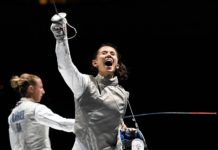





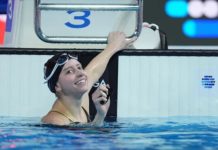


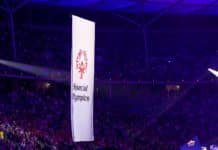




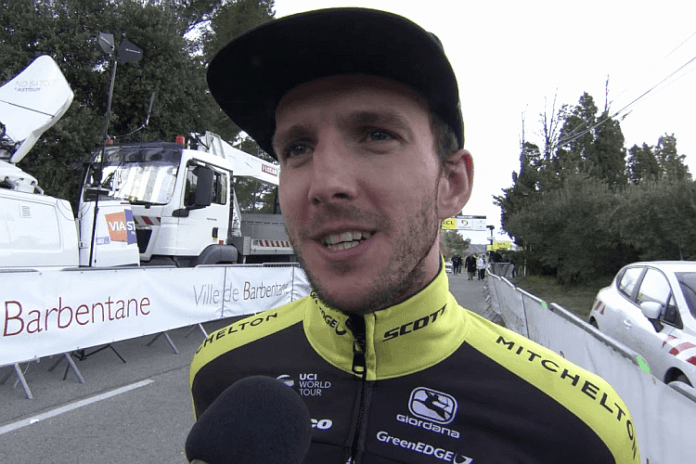
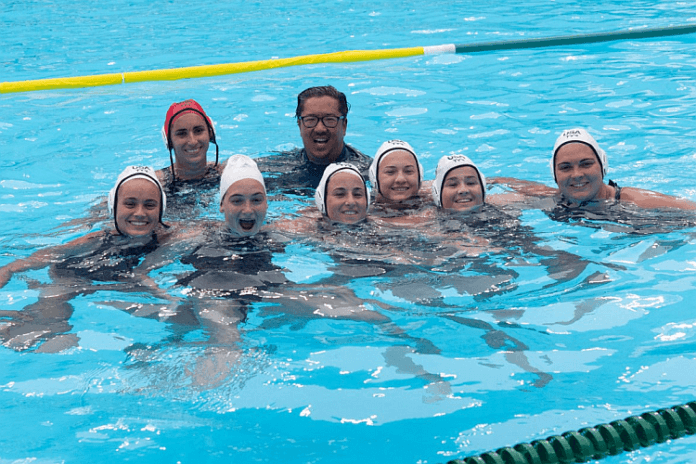
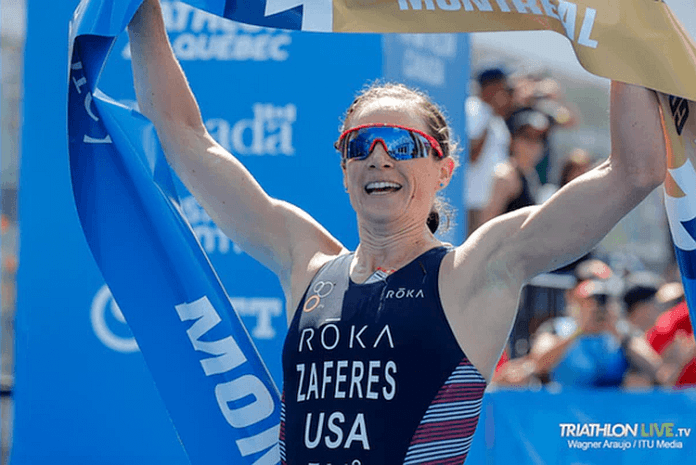
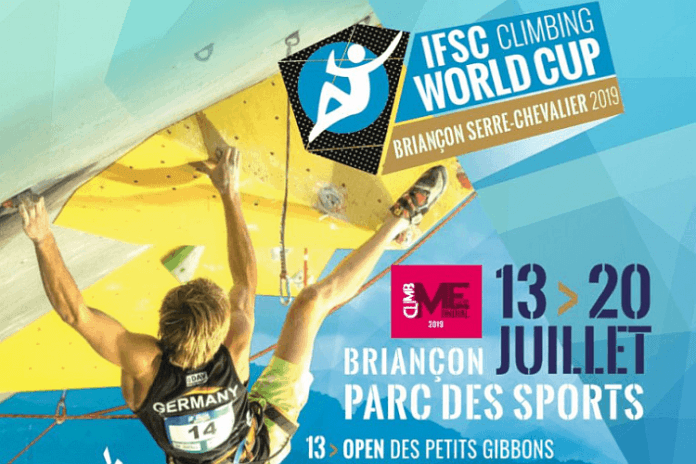
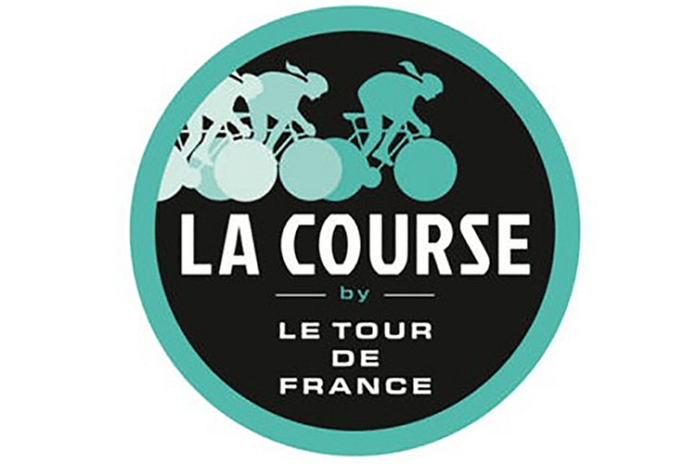
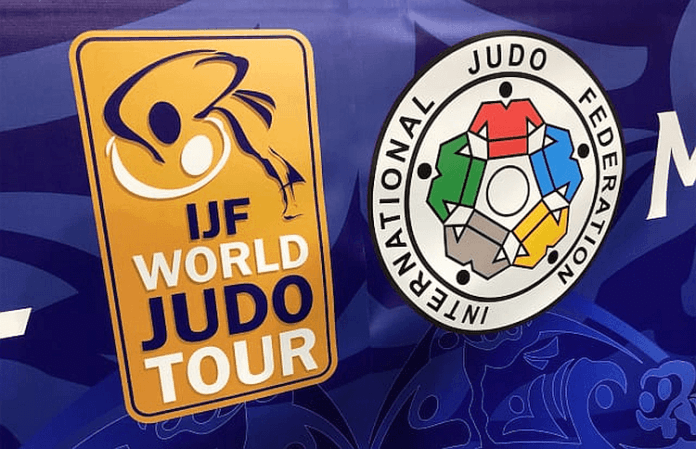
 The International Judo Federation has a reputation for efficiency and thoroughness, both traits endemic to that sport.
The International Judo Federation has a reputation for efficiency and thoroughness, both traits endemic to that sport.